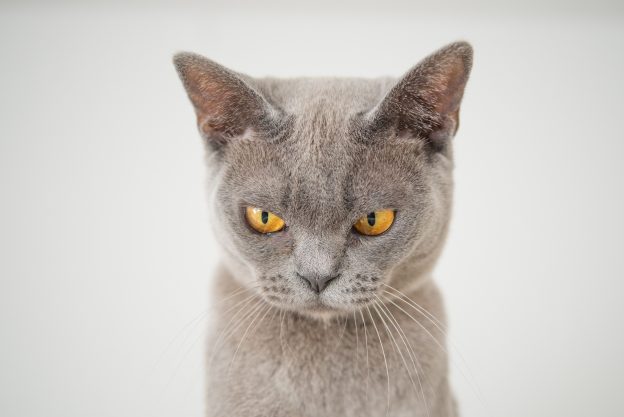If you have been bitten by an animal:
- clean the wound immediately by running warm tap water over it for a couple of minutes – it’s a good idea to do this even if the skin does not appear to be broken
- remove any objects from the bite, such as teeth, hair or dirt
- encourage the wound to bleed slightly by gently squeezing it, unless it’s already bleeding freely
- if the wound is bleeding heavily, put a clean pad or sterile dressing over it and apply pressure
- dry the wound and cover it with a clean dressing or plaster
- seek medical advice, unless the wound is very minor
When to seek medical advice
- If the bite has broken the skin, you should seek immediate medical attention after cleaning the wound.
- Do not delay seeking help until symptoms of infection appear.
- Minor bites can be treated at your GP surgery, or by staff at your local walk-in centre or minor injuries unit.
- For particularly severe bites, visit your local A&E department.
The healthcare professional treating you may:
- clean the wound and remove any damaged tissue
- prescribe a course of antibiotics to prevent infection
- recommend specific treatment to prevent infections such as tetanus if you’re felt to be at risk
- close the wound with stitches if the risk of infection is thought to be low – high-risk wounds will usually be left open as this means they’re easier to keep clean
- arrange blood tests to check for infection, or an X-ray to check for any damage to your bones and see if there’s anything embedded in your wound, such as a tooth
- refer you for an assessment by a specialist if the bite penetrated a joint or there’s severe damage, such as damage to bones or nerves – surgery may be needed in these cases
When you return home, watch out for signs of a possible infection.
Signs that a bite may be infected
Symptoms that suggest a wound has become infected include:
- redness and swelling around the wound
- the wound feels warm and increasingly painful
- liquid or pus leaks from the wound
- a fever of 38C (100.4F) or above
- sweats and chills
- swollen glands under the chin or in the neck, armpits or groin
- red streaks extending along the skin from the wound
Get medical help as soon as possible if you think your wound is infected.
Ref – https://www.nhs.uk/conditions/animal-and-human-bites/

